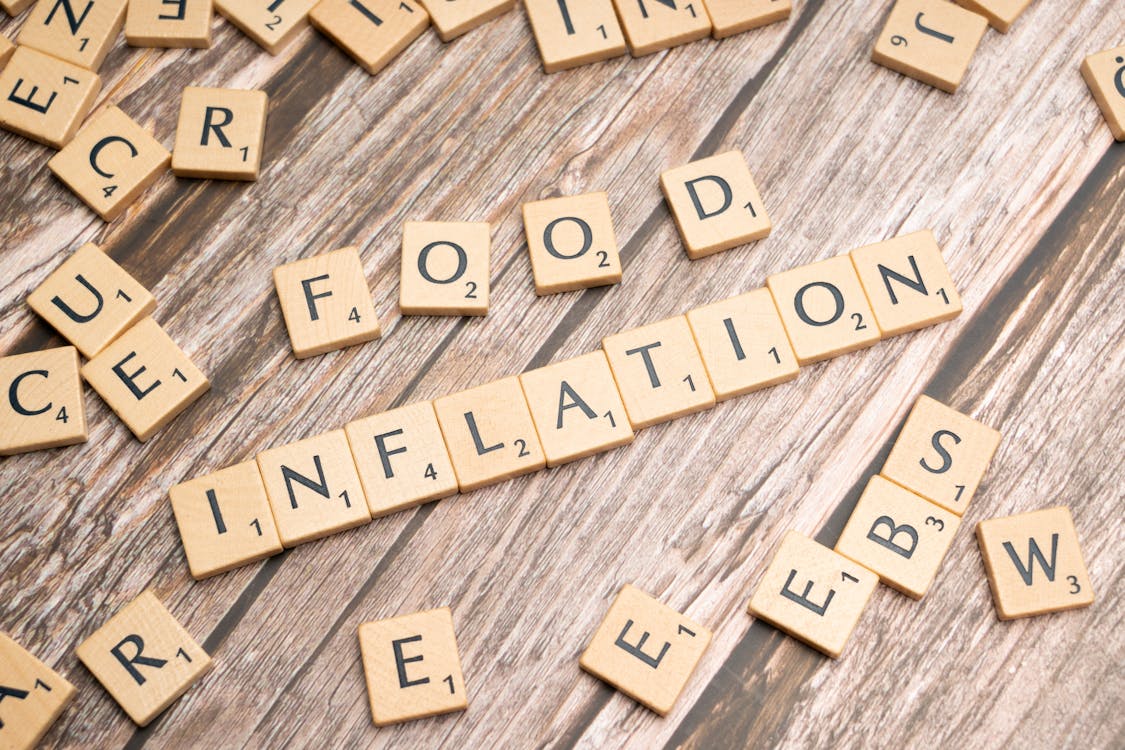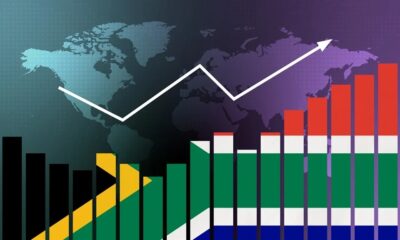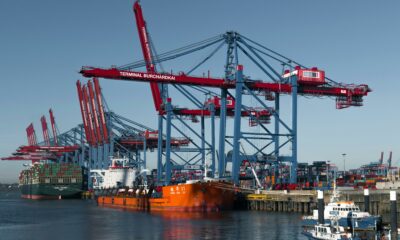Business
Soaring Food Prices in South Africa Push Struggling Families Closer to the Edge

South Africa’s food inflation is creeping upward again—and for millions of households already on the brink, this means another hard blow. According to the Agricultural Business Chamber (Agbiz), food price inflation reached 3.3% in April 2025, up from 2.2% in March. While the numbers may seem small on paper, the real-world impact on vulnerable households is profound.
Agbiz chief economist Wandile Sihlobo attributed the rise to a delayed ripple effect from last year’s higher agricultural commodity prices—especially in grain markets. Meat prices, too, are climbing, driven by a mild rebound in consumer demand, while vegetable costs have surged due to recent heavy rains disrupting farm work.
Sihlobo cautioned that the squeeze on consumers may not ease soon. “This upward trend in food prices could linger through the second and third quarters of the year,” he warned, pointing to continued farm-level price hikes slowly trickling down to retail shelves.
However, there could be some relief on the horizon. A foot-and-mouth disease outbreak has forced South Africa to halt certain meat exports, possibly leading to an oversupply of red meat locally—which could temper prices. Still, the outlook remains mixed. Poultry imports, which account for about 20% of local consumption—mostly from Brazil—are now threatened by an avian flu outbreak there. Unless South Africa can ramp up local production or secure new trade partners, chicken prices may spike next.
But the bigger picture is about people—not percentages. For many households, particularly those relying on social grants, every grocery trip is becoming an exercise in sacrifice.
Evashnee Naidu, KwaZulu-Natal regional manager for Black Sash, says the issue isn’t just affordability—it’s nutrition and dignity. “People are forced to buy cheaper, low-nutrient foods just to stretch their grants,” she explains. “This has long-term consequences for health, child development, and even productivity.”
Mervyn Abrahams from the Pietermaritzburg Economic Justice and Dignity Group (PMBEJD) emphasized that even middle-income earners are now feeling the pinch. “Most workers spend a huge chunk of their income just getting to work,” he said. “What’s left barely covers the basics, let alone a healthy food basket.”
The harsh truth, Abrahams adds, is that many families are being forced to cut back on food to stay afloat. “That’s not a decision anyone should have to make—but it’s becoming a daily reality.”
As the country faces a sluggish economy, high unemployment, and limited state resources, food price inflation is not just an economic indicator—it’s a social emergency. And without timely interventions or better domestic food security strategies, the burden is likely to grow even heavier.
{Source: IOL}
Follow Joburg ETC on Facebook, Twitter , TikTok and Instagram
For more News in Johannesburg, visit joburgetc.com



























